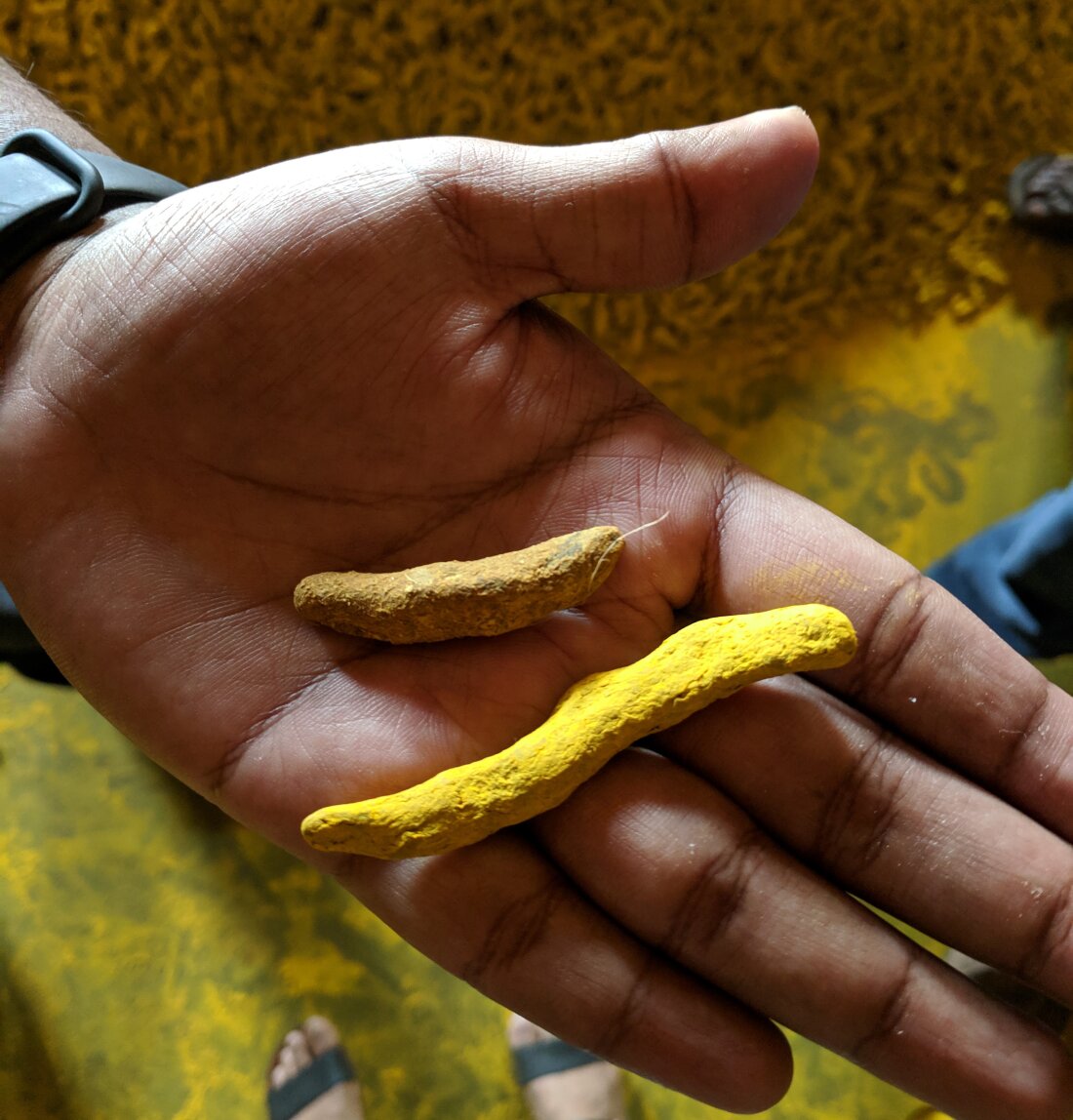
Aafia Javed
One day, a dear friend of mine brought me my favorite cookies because I wasn’t feeling well. It was an overwhelmingly sweet gesture—not only did he remember my favorite cookies, but he also made an effort to show up and cheer me up. However, the next day, when I accidentally glanced into my waste bin, I was left shaken. To eat just four cookies, I had to uncover three layers of packaging: the wrapper, the plastic tray, and then each cookie individually wrapped in plastic. The very gesture that warmed my heart came wrapped in poison.
This incident made me reflect on how many of our most loved and cherished gifts unintentionally harm us and our planet. From plastic-wrapped snacks to sleek, shiny packaging from luxury outlets, we are surrounded by layers of waste marketed as sophistication—essentially poison to our health, our children, and life on Earth.
Each year, humans generate around 400 million tons of plastic waste, but only 9% is successfully recycled. An estimated 10 million tons of waste enter the oceans annually, severely affecting marine life. In 2019 alone, approximately 353 million tons of plastic waste were generated. Humans are exposed to toxic chemicals and microplastics through ingestion, inhalation, and skin contact. Research shows that an average person could ingest about 5 grams of plastic per week—the equivalent of consuming a credit card. If only it could boost our bank balance instead of our pollution levels. But instead of financial richness, we are ingesting poison.
We often pay a premium for products wrapped in excessive, glossy packaging, equating layers of waste with luxury and branding. Meanwhile, simpler, humbly packed alternatives are overlooked, despite being just as valuable. The demand for visually appealing packaging continues to drive plastic production.
- Over 16,000 chemicals are used in plastic production, with at least 4,200 recognized as harmful.
- Workers in plastic production facilities face a 30% increased rate of leukemia, alongside higher rates of breast cancer.
- Microplastics have been found in human blood and brains, raising concerns about their long-term health impacts.
- Chemicals from plastics can disrupt hormone activity, leading to infertility, obesity, diabetes, and increased risks of various cancers.
Research also shows that fish in the North Pacific ingest up to 24,000 tons of plastic annually, with many commercially sold fish containing plastic particles in their guts.
It’s time to rethink our choices. Choosing humbly packed goods, supporting sustainable options, and encouraging eco-friendly practices can make a difference. Imagine a world where convenience doesn’t harm the planet. Together, we can break free from the plastic trap and create a cleaner, healthier future—starting today. ([email protected])





